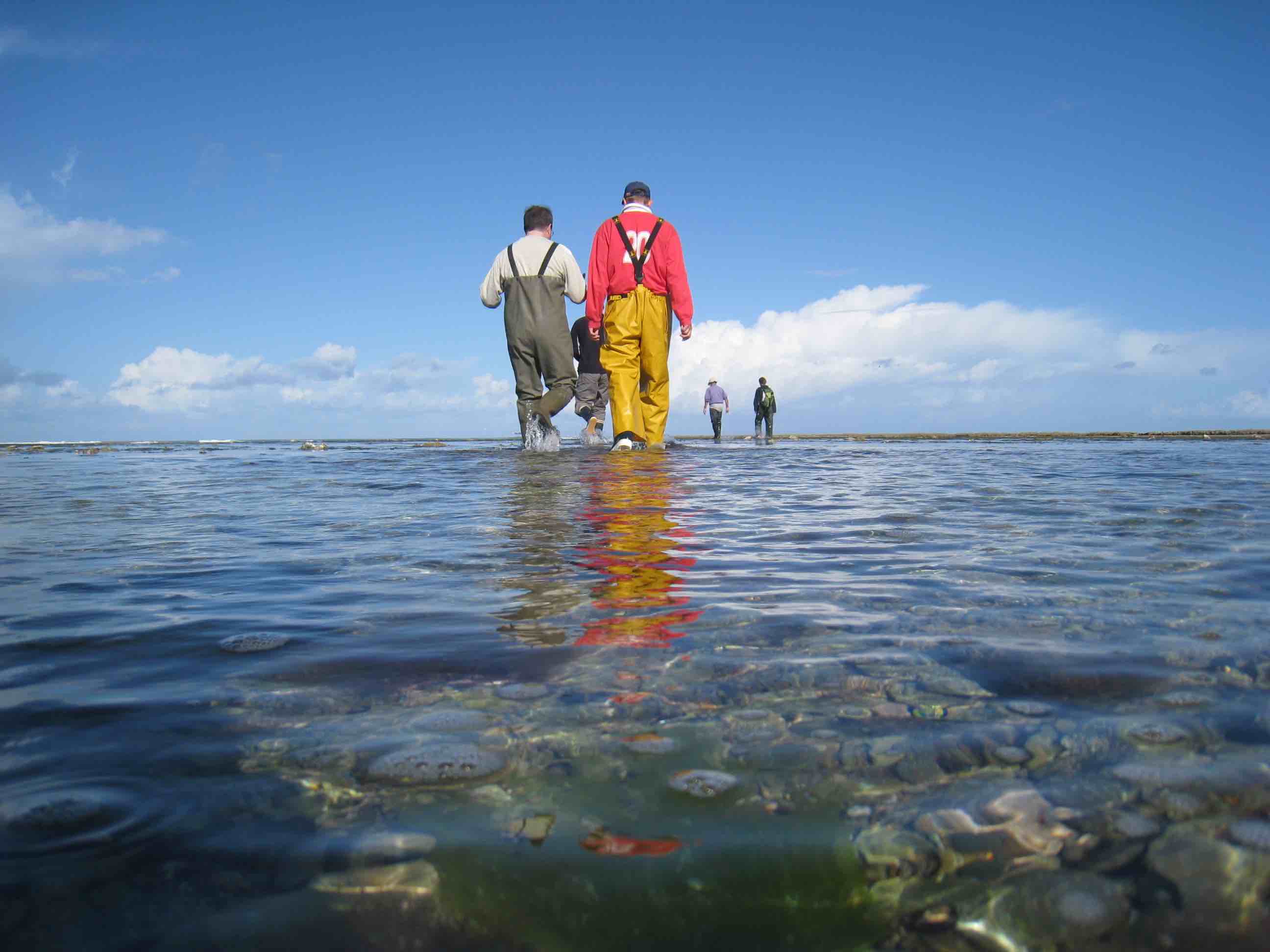Shangai’s ranking of La Rochelle University for this academic subject
Objectives
The curriculum entitled “Coastal Ecology and Environmental Management” (GEEL) trains future professionals able to apprehend complex scientific problematics related to the sustainable development of coastal ecosystems under strong anthropogenic pressures. This is an integrative field since it tackles ecologic, socio-economic and political problems. The courses are thus built around an interdisciplinarity approach. They develop a holistic view of the coastal systems under study and lead to the understanding of the key processes of the functionning of ecosystems impacted by human activities.
Skills developed
Upon completion of the training, graduates who have completed this major will be able to:
- plan and organize the acquisition of observational or experimental data
- process, analyze and interpret various types of data (biological, ecological, social sciences and humanities data…) to answer environmental questions
- to apprehend the conduct of environmental projects
- mobilize knowledge and tools in ecology to identify environmental and conservation issues
- master the knowledge and tools of geosciences, geophysics and human sciences to understand the functioning of ecosystems and the impact of human activities
- integrate the concepts of ecology and conservation, management sciences and socio-economic approaches, to implement environmental management strategies
Organisation
During the first 3 semesters of the training, the major is taught in the form of 3 Teaching Units (TU) of 60 hours each. The totality of the course is modularized and 3 consecutive weeks are dedicated to each TU. Some courses are taught in English and for most courses that are taught in French, support material and slides are provided in english. The evaluation of the courses takes place all along the semester, at the end of each TU. At the end of the second semester, a compulsory internship of 6 to 8 weeks is integrated into the curriculum. Similarly, the fourth semester of the master is devoted entirely to a 6-months final internship.
For more information, access the full course description (in English for courses given in English, in French otherwise).
Career
This major trains specialists in environmental issues who have an integrated vision of environmental issues, particularly in coastal areas. More than 75% of graduates of this major find a job corresponding to their skills within 6 months after the end of the training. The net monthly salaries are between 1200€ and 3800€ net per month (median salary: 1500€). Positions occupied by former graduates include:
- environmental project manager
- environmental study leader
- scientific research (in government, industry, or academia)
- design engineer
- research engineer
- eco-developer
Finally, the structures and organizations that recruit our graduates are varied:
- public and private entreprises (within their “environment divison”)
- governmental agencies
- non-profit associations
- NGOs
- natural parks, reserves, marine protected areas
- environmental consulting firms
- public research organisations (CNRS, IRD, IFREMER, IRSTEA…)

